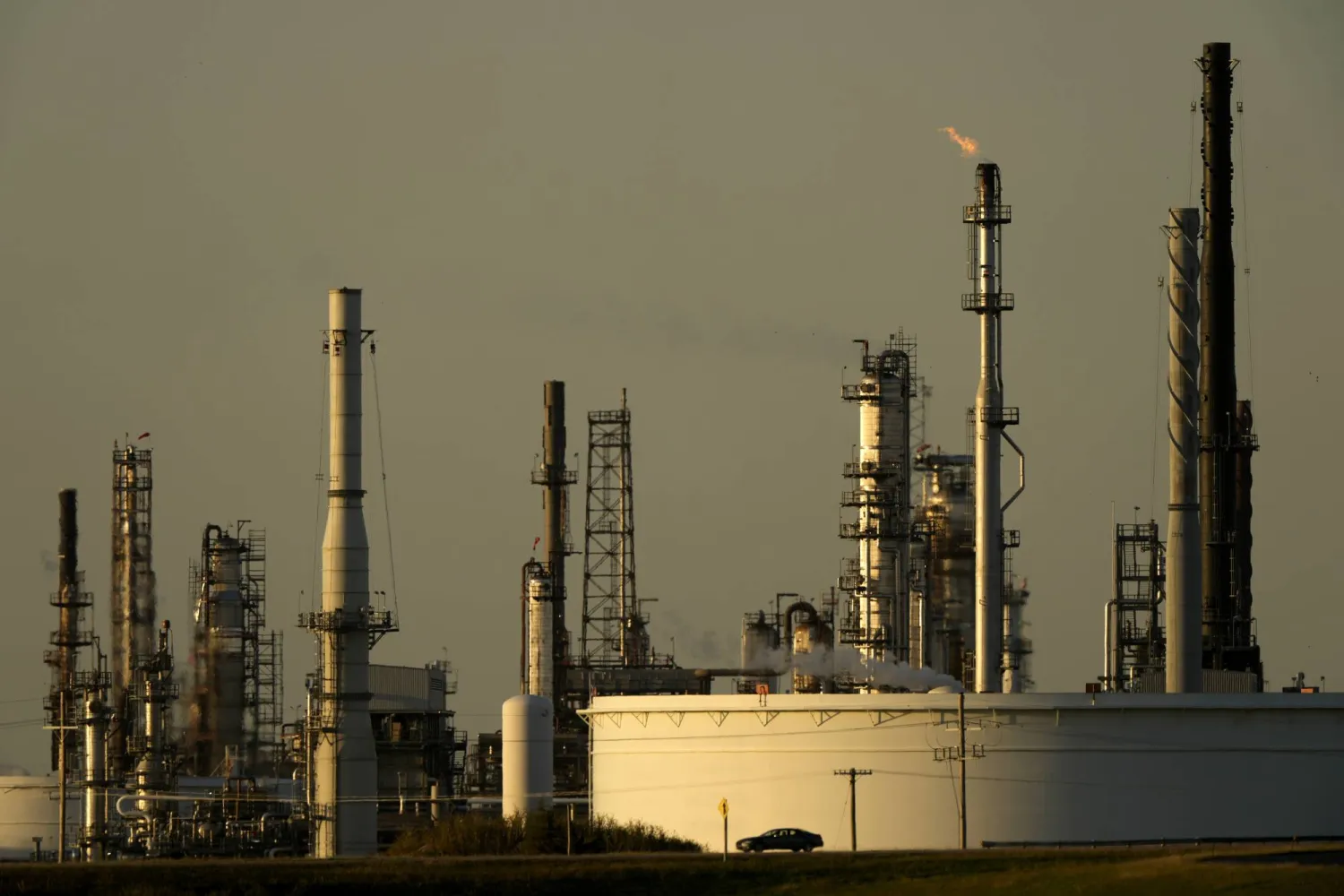Oil prices extended gains on Friday, climbing more than $1 a barrel to pare weekly losses, as geopolitical tensions in the Middle East rose following reports that Iran was preparing a retaliatory strike on Israel from Iraq in the coming days.
Brent crude futures, which have rolled to the January contract, climbed $1.41, or 2%, to $74.22 a barrel by 0456 GMT, Reuters said.
US West Texas Intermediate crude futures rose $1.46, or 2.1%, to $70.72 a barrel after settling up 0.95% in the previous session.
Israeli intelligence suggests Iran is preparing to attack Israel from Iraqi territory in the coming days, possibly before the US presidential election on Nov. 5, Axios reported on Thursday, citing two unidentified Israeli sources.
The attack is expected to be carried out from Iraq using a large number of drones and ballistic missiles, the Axios report added.
Oil prices were also supported by expectations that OPEC+ could delay December's planned increase to oil production by a month or more, four sources close to the matter told Reuters on Wednesday, citing concern about soft oil demand and rising supply. A decision to delay the increase could come as early as next week, two of the sources said.
However, prices are set to fall more than 1% for the week, struggling to recover from a 6% loss on Monday after Israel's strike against Iran's military on Oct. 26 bypassed oil and nuclear facilities and did not disrupt energy supplies.
"Despite the crude oil market looking to lock in a third straight day of gains, it has been unable to completely erase the large gap lower that followed Monday's re-open," said IG market analyst Tony Sycamore based in Sydney.
However, WTI's rebound should extend back towards where it closed last Friday at about $71.80, he added, as tensions in the Middle East returned to focus.
"After that, though, all bets are off. I think it will depend on who wins the US election and what fiscal stimulus details, if any, come from the NPC standing committee meeting," Sycamore said, referring to major events in the US and China, world's largest oil consumers, next week.
In China, manufacturing activity swung back to growth in October, a private-sector survey showed on Friday, echoing an official survey on Thursday that showed manufacturing activity expanded in October for the first time in six months. Both surveys suggest stimulus measures are having an effect.
US gasoline stockpiles fell unexpectedly last week to a two-year low on strengthened demand, the Energy Information Administration (EIA) said on Wednesday, while crude inventories also posted a surprise drawdown as imports slipped.
The world's largest oil producer pumped a monthly record high of 13.4 million barrels per day in August, EIA said.
Oil Gains More Than $1/bbl on Reports Iran Preparing Strike on Israel

A motorist drives past the CHS oil refinery Saturday, Sept. 28, 2024, in McPherson, Kan. (AP Photo/Charlie Riedel)

Oil Gains More Than $1/bbl on Reports Iran Preparing Strike on Israel

A motorist drives past the CHS oil refinery Saturday, Sept. 28, 2024, in McPherson, Kan. (AP Photo/Charlie Riedel)
لم تشترك بعد
انشئ حساباً خاصاً بك لتحصل على أخبار مخصصة لك ولتتمتع بخاصية حفظ المقالات وتتلقى نشراتنا البريدية المتنوعة







